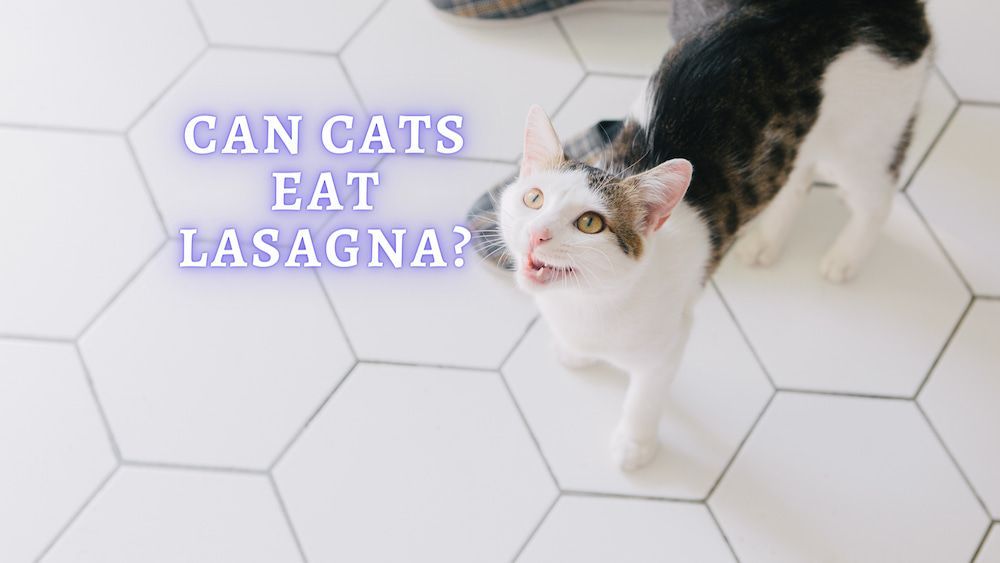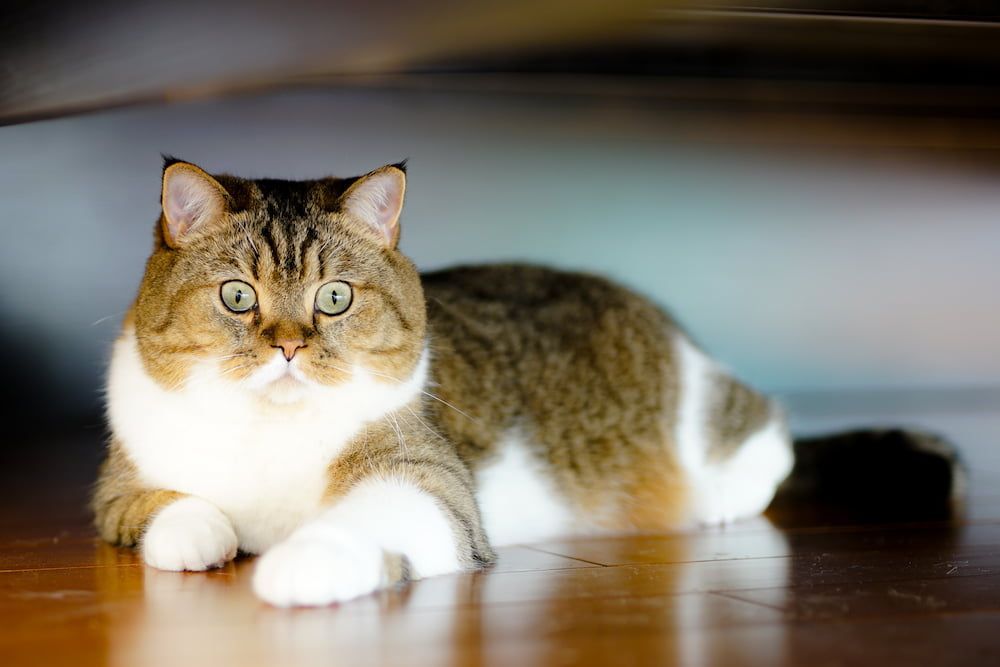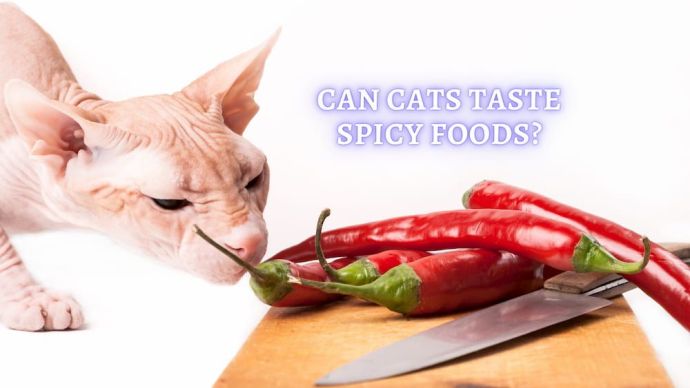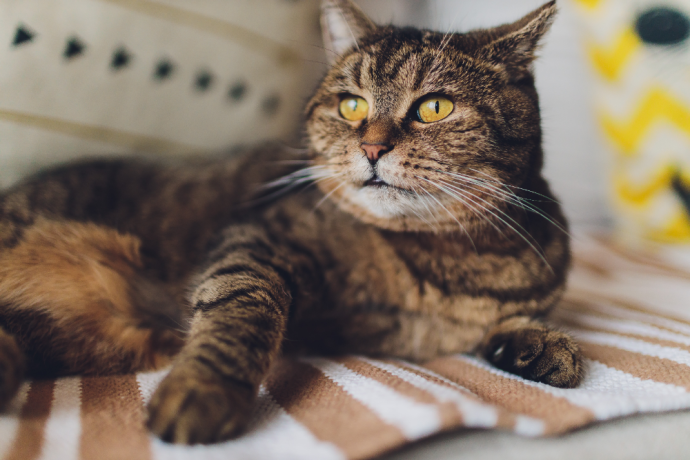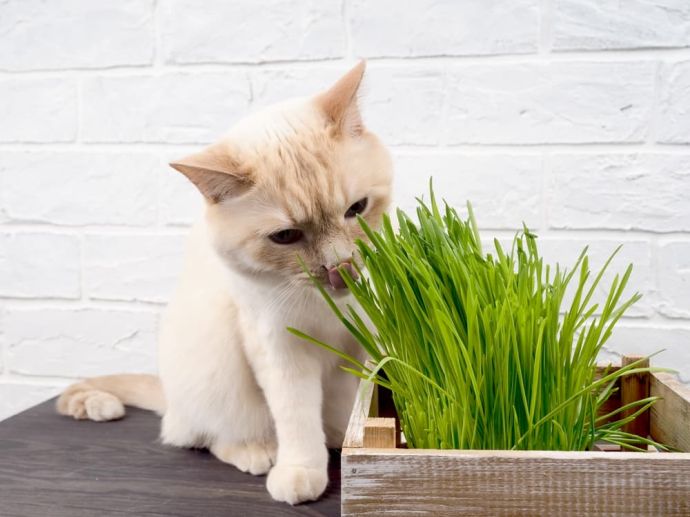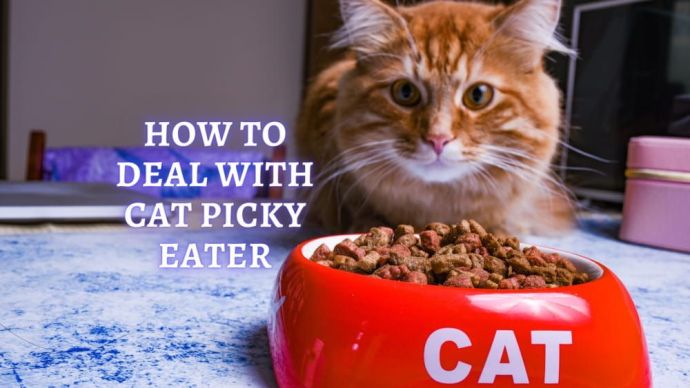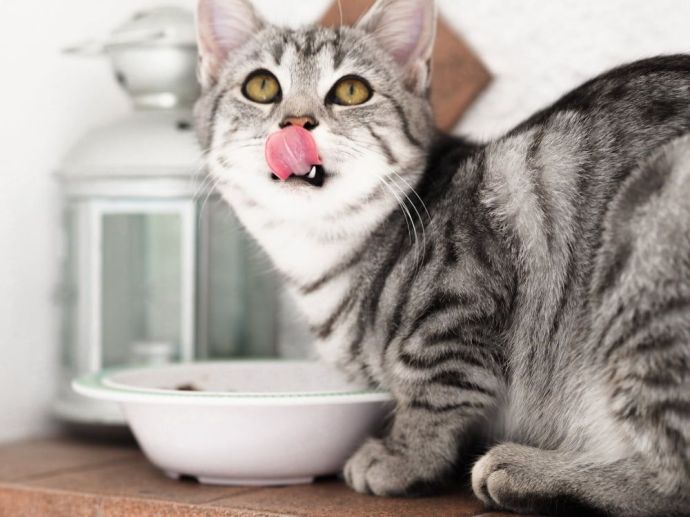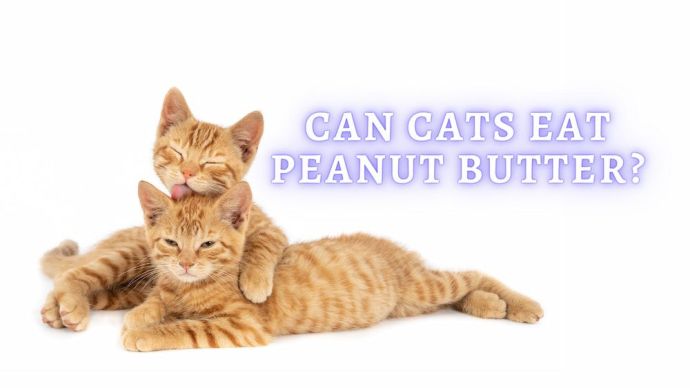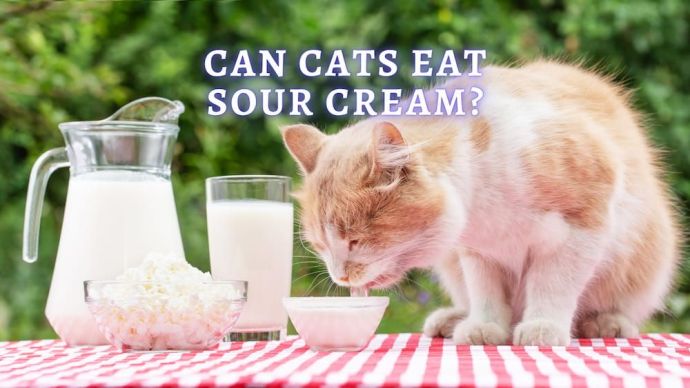Can Cats Eat Lasagna? Is Lasagna Bad for Cats?
Written by:
Author: Carol Young
Carol has worked in specialty, emergency, mixed animal and general veterinary practices, and enjoys all aspects of veterinary medicine. Her special areas of interest include anesthesia, critical care, emergency, dentistry, internal medicine and small animal nutrition.
View all 62 articlesLearn about our editorial process and veterinary review board.
Viewed: 640
Updated on: 03/23/2022
Most of us have enjoyed Garfield the Cat comics, and Garfield fans know that lasagna is the orange tabby cat’s favorite food. Although Garfield has described lasagna as “nature’s most perfect food,” many owners may wonder if their pet can eat lasagna? Lasagna is not inherently toxic to felines. However, certain ingredients in this popular Italian dish can cause some health issues for your feline companion. Most veterinarians discourage feeding cats human foods and table scraps unless certain steps are taken to ensure that the foods are safe for them. This article will discuss what is in lasagna and how some of these ingredients can affect your cat.
What is Lasagna?
Lasagna first originated in Italy during the Middle Ages, and several lasagna historians theorize that this dish originated in Naples. This popular fare comprises stacked layers of thin flat pasta alternating with fillings such as ground meats and tomato sauce (known as ragu), vegetables such as spinach, and cheese such as parmesan mozzarella and ricotta. This dish is assembled with all of the ingredients, and placed into a casserole dish, and baked until done. Lasagna also contains salt and pepper and other spices as well.
Are There Ingredients in Lasagna That Can Harm My Cat?
Of course, there are various lasagna recipes out there, including vegetarian, gluten-free, and low sodium, and responsible owners should know that certain ingredients can be harmful to their felines and can cause gastrointestinal and other GI problems. Below is a list of ingredients in traditional lasagna recipes which can be harmful to cats.
- Onions. No matter the form, raw, cooked, powdered, or dehydrated, onions are toxic to felines. The chemicals in onions can cause anemia in felines by destroying red blood cells. If your cat ingests onions in any of its forms, it can develop symptoms of anemia such as lethargy and low appetite.
- Garlic. Garlic is a prominent ingredient in lasagna, and like onions, is poisonous to both cats and dogs. Garlic can cause anemia and the breakdown of red blood cells and is considered to be about five times as toxic to a cat than to dogs.
- Cheese. Contrary to popular belief, cats are lactose intolerant and cannot tolerate excessive amounts of dairy. Most kitties will develop GI symptoms of diarrhea, vomiting, and gastric distress due to ingesting cheeses and other dairy products.
- Salt. There can be a lot of salt in lasagna, and this is something that cats do not need and can cause dangerously high blood sodium levels.
- Tomato sauce. Most commercial tomato sauces contain high amounts of salt, which can be harmful to your cat.
- Pepper. Although black pepper is not toxic to cats, the capsaicin in pepper (the chemical that gives it its “spicy” taste) can put off your pet.
READ MORE: Can My Cat Taste Spicy Food?
Other ingredients such as pasta are not necessarily harmful because the main components of flour, water, and eggs are relatively innocuous for your feline friend. So although pasta isn’t necessarily good for your cat, it won’t cause any harm if she has a nibble now and then. But it is vital to ensure that the pasta does not have any tomato sauce, garlic, or onions.
Can Cats Eat Lasagna Without Garlic?
As mentioned above, several ingredients present in the lasagna are not suitable for cats and can cause some serious health issues. However, offering lasagna without garlic is a step in the right direction, but it’s important to consider the other ingredients as well, such as salt, pepper, onions, and cheese. It’s also important to note that although your cat may like lasagna as much as Garfield, it does not provide any nutritional value to them. As true carnivores, felines typically do not eat dairy products, vegetables, or pasta.
Is It Safe For Cats To Eat Pasta?
It is safe for cats to eat pasta, provided it does not contain any harmful ingredients such as garlic or lots of cheese. However, pasta only provides empty calories. So although it won’t harm your kitty to offer her a taste of your lasagna noodles now and then, it’s important to ensure that the pasta is plain with no tomato sauce or other spices.
What About Dairy Products?
As mentioned above, cats are essentially lactose intolerant. Veterinarians caution owners against overindulging their kitties with dairy products and cheese because adult cats have lost the digestive enzyme lactase that breaks down lactose, the primary sugar in milk products. When an adult feline ingests cheese or other dairy products, they may experience some digestive system upset because the undigested lactose begins to ferment, creating gas and abdominal discomfort.
READ MORE: Can Cats Eat Sour Cream?
Seasonings
Certain seasonings can also cause some GI issues for cats, and others are fairly benign. For example, excessive amounts of salt are not good, and onion and garlic seasonings can cause anemia. However, seasonings such as basil, cilantro, rosemary, and thyme are virtually safe for cats, and parsley and dill in small amounts are also fairly safe.
READ MORE: Best Probiotics for Cats
What Should I Do If My Cat Eats Lasagna?
If your cat has helped herself to some lasagna, chances are she will be OK if she hasn’t ingested a large amount, or if your lasagna recipe did not have onions or garlic. However, the best thing to do is to contact your veterinarian if you have any questions or concerns. You can also contact a Pet Poison hotline. For example, you can call the 24/7 ASPCA Animal Poison Control Center (APCC) hotline at (888) 426-4435,[1] or the Pet Poison Hotline at (800)-213-6680. It’s important to be aware that there may be a consultation fee for both services.
Should I Feed My Cat Lasagna?
The short answer to this question is no. Sure, cats can eat lasagna, but they are true carnivores, and the ingredients in lasagna do not offer the essential nutrients and proteins that are important for your pet’s nutritional health. However, some owners may have cats who love a little taste of their Italian lasagna, but again, the lasagna mustn’t contain any harmful ingredients such as garlic, onions, or dairy products. Offering a little nibble of a plain pasta noodle is unlikely to cause any GI upset or health issues.
Why Is Lasagna Bad For Cats?
Feeding your cat lasagna is not recommended, and although some ingredients are toxic to felines, other ingredients such as ground beef and plain lasagna noodles are virtually harmless. So while the lasagna is not inherently bad for cats, veterinarians discourage sharing any kind of human food with your cat, and that includes lasagna. It depends on the ingredients as well. For example, if you bake a vegetarian, non-dairy lasagna with gluten-free noodles, sharing a bit with your pet is not an issue, as long as it doesn’t contain onions, garlic, and lots of salt. Since lasagna recipes greatly vary, the safety of the dish depends on its ingredients.
FAQ
Can kittens eat lasagna?
On the whole, cats should not eat lasagna, and this includes kittens as well. Kittens are still developing and growing, and they have certain nutritional needs. Also, their GI systems are still developing, and it’s essential to keep kittens on a veterinary-approved diet to limit stomach upset and other signs of GI upset such as diarrhea.
Is lasagna poisonous to cats?
This depends on the ingredients. For example, a traditional lasagna recipe with onions and garlic can cause anemia in your cat, and high amounts of salt are also unhealthy. Recipes that call for a lot of cheese can also cause GI upset in your cat. However, a recipe that does not contain these ingredients would be safer for your feline friend. All in all, it’s best not to share your lasagna with your kitty, and consider offering a cat treat instead.
Do cats love lasagna?
Some cats do indeed like Italian food such as lasagna and spaghetti, and although it’s unusual, it’s most likely the meat sauce that is enticing to them. As true carnivores, cats have an acute sense of smell when it comes to animal proteins and fats, and the smell of baked ground beef may be quite mouth-watering to your kitty.
Does Garfield eat lasagna?
Garfield fans know that this chubby orange tabby cat loves lasagna, however, the exact ingredients in Garfield’s lasagna is largely unknown. We can only hope that the lasagna that Garfield eats is free of onions, garlic, dairy products, and other harmful ingredients.
Can cats eat pizza?
A small bite of your pizza is probably completely safe, however, it depends on what’s on the pizza. As mentioned above, onions and garlic are especially toxic to your cat, and cheese and dairy can cause GI upset and diarrhea. Also, it’s most likely the meat toppings that catch your cat’s attention more than the other ingredients. Although it’s recommended not to feed table scraps, sharing a little bit of your pizza won’t be especially harmful to your kitty.
Article Sources:
- “Animal Poison Control.” ASPCA, 15 Apr. 2021, aspca.org/pet-care/animal-poison-control.
- “List of Common Household Toxins and Prescription Medication.” Pet Poison Control, vetmeds.org/pet-poison-control/.
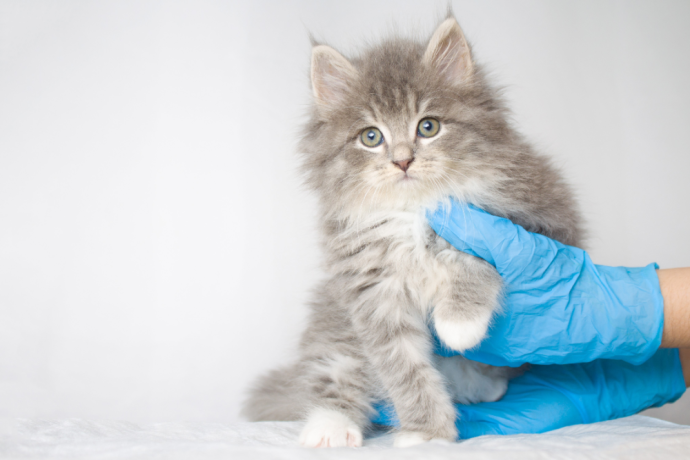 Cat Veterinary Tips Dehydration in Cats: Causes, Signs, Symptoms, and Treatment
Cat Veterinary Tips Dehydration in Cats: Causes, Signs, Symptoms, and Treatment - 365
- 0
 Cat Care Why Does My Cat Attack My Legs? 10 Reasons Why and What To Do About It (Vet-Approved Advice)
Cat Care Why Does My Cat Attack My Legs? 10 Reasons Why and What To Do About It (Vet-Approved Advice) - 45084
- 21
 Cat Veterinary Tips Cat Stomach Gurgling: Vet Advice on Why is Your Cat Stomach Gurgling?
Cat Veterinary Tips Cat Stomach Gurgling: Vet Advice on Why is Your Cat Stomach Gurgling? - 33736
- 4
 Cat Veterinary Tips My Cat Lost its Voice: Can Cats get Laryngitis? (Vet Advice)
Cat Veterinary Tips My Cat Lost its Voice: Can Cats get Laryngitis? (Vet Advice) - 22891
- 13









